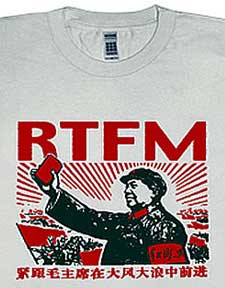Brendan Scott of Open Source Law has written and posted an interesting article on Groklaw. The article posits that this is a broad misconception about the freedoms granted by the BSD license. In particular that code licensed under the BSD is not re-licensable (after modifications to the code) under “closed source” licenses as commonly believed (article in pdf).
From the arguments presented four consequences may be drawn
(a) the BSD appears to require that modifications be distributed only under the terms of the BSD, and that this requirement therefore cascades down to subsequent generations of code;
(b) the license does not appear to permit the relicensing of BSD code under the terms of any other license, at least in so far as any restrictions in other licenses would seem not to be binding;
(c) there may be some scope for arguing that the term â??modificationâ?? to the code is restricted or limited in some fashion. However, as the license only permits redistribution of â??modificationsâ?? the BSD does not permit the redistribution of any derivative work which is not a modification;
(d) the BSD does not have a requirement for the distribution of source code. It is not clear whether this means there is a deficiency in the Open Source Definition.



